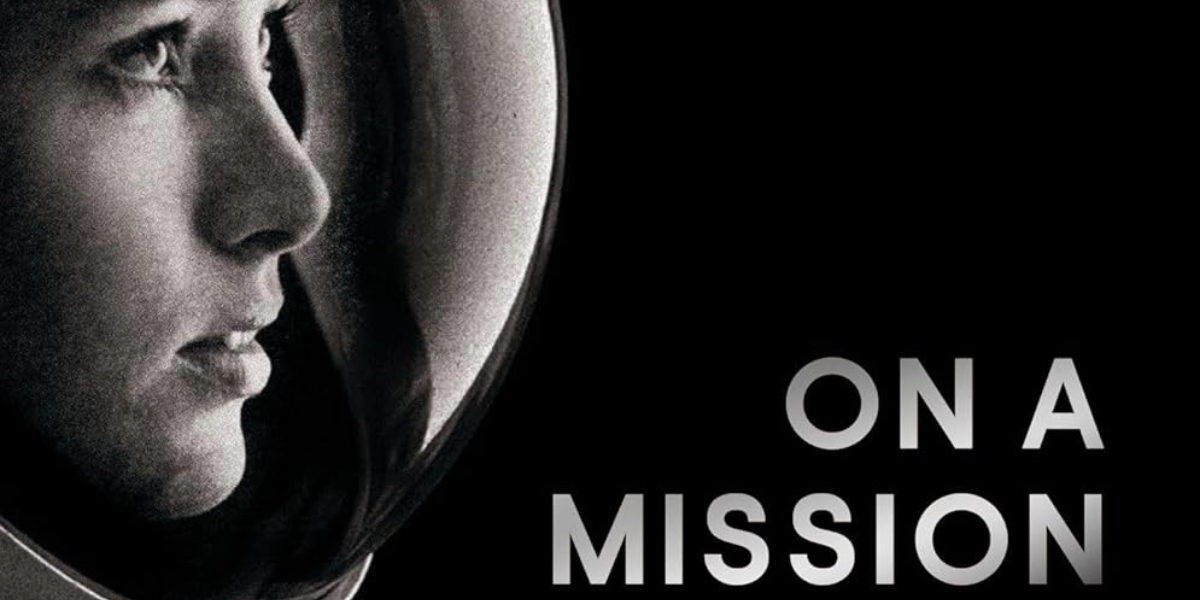When commercial astronaut Anna Menon ’08 completed SpaceX’s Polaris Dawn mission last year, she made history. As one of the few women to travel into orbit on a privately funded spaceflight, Menon helped set a female altitude record. Menon, a biomedical engineer turned mission director, began her journey as a TCU student, double-majoring in mathematics and Spanish. Her path is part of a long legacy of women who have reached for the stars — a legacy documented by another TCU alumna, Valerie Neal.
Neal, a 1971 graduate of the AddRan College of Liberal Arts and the TCU Honors Program, which is now the John V. Roach Honors College, has spent years detailing humanity’s reach for the stars. Her path from TCU to the Smithsonian National Air and Space Museum is a testament to her curiosity and the importance of storytelling.
“At TCU, I learned how to learn, I learned how to think critically, I learned how to distinguish fact from opinion. I learned how to write clearly,” Neal said. “I have always credited TCU as being my most foundational stage of education.”
After double-majoring in English and History at TCU, Neal went on to earn a PhD in American Studies at the University of Minnesota. She joined the Smithsonian as a curator in 1989 and later became chair of the Space History Department. For three decades, she worked closely with astronauts, scientists, engineers, and museum specialists to preserve America’s space legacy.
In her recent book, “On a Mission: The Smithsonian History of US Women Astronauts,” Neal presents a sweeping history of women in space. This work in storytelling offers a deep look at how women transformed spaceflight from within. Her narrative follows how astronauts balanced technical precision with human vulnerability, ultimately revealing the emotional and cultural shifts that enabled their successes.
“I wanted to tell two stories at once, one about the women astronauts and another about what was happening in the country at the time,” Neal said. “The culture was changing, laws were shifting, and new opportunities were opening up. The first women had very different qualifications from those who came later, who had more doors open to them along the way.”
Today, groundbreaking women like Menon continue to expand what’s possible. After SpaceX completed its first all-civilian crewed mission to test human endurance and conduct scientific research, Menon is now part of NASA’s 2025 astronaut class.
“I think one thing we've learned as a society is that whenever you open the doors to a new group of people and give them the opportunity, they prove themselves, and they add to the knowledge, the capability, the excellence, the new ideas,” Neal said. “To me, it’s a matter of — women are resources, just as men are. Why not use all of our resources?”
Both Neal and Menon reflect the spirit of discovery fostered at TCU and in the Roach Honors College, with a drive to ask big questions, challenge boundaries and lead with purpose. Their journeys remind us that exploration takes many forms, whether it’s uncovering history or living it firsthand.
